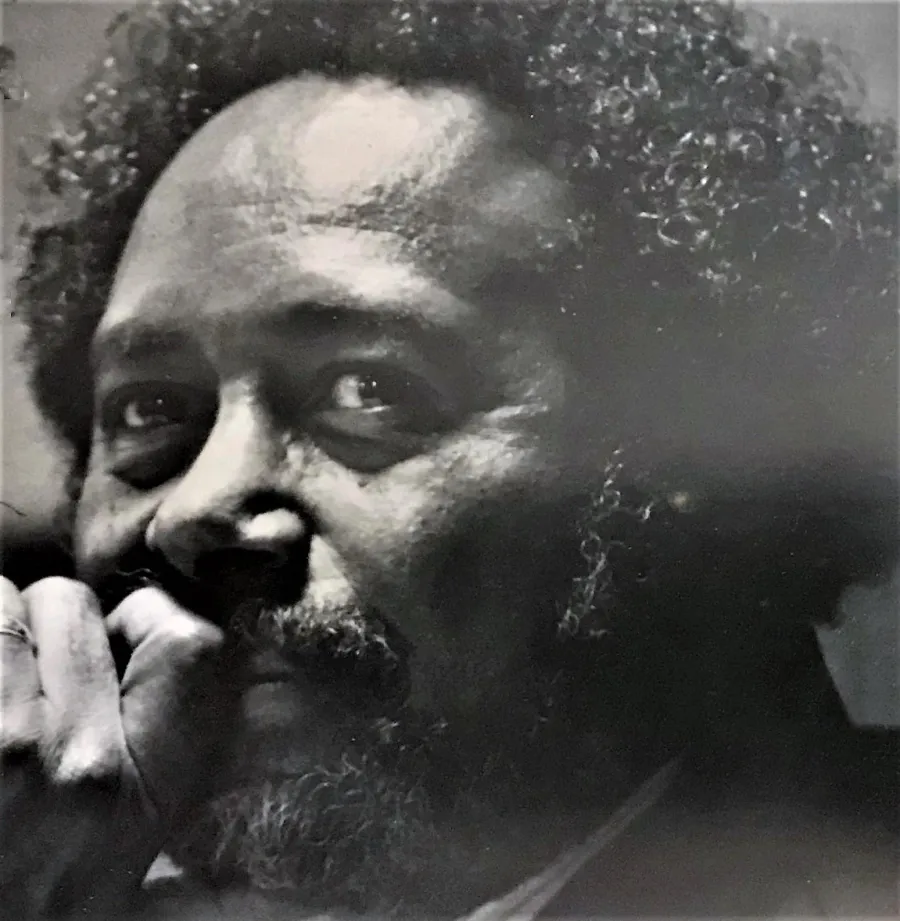'Vote, baby, vote'

By BERRY CRAIG
AFT Local 1360
"Riots only intensify white fear while relieving their guilt,” Dr. Martin Luther King Jr. said in Louisville in 1967.
“But riots don't help Negroes. We talk about 'burn, baby, burn,' but Whitey is not in the burning ghettoes--the Negro is. We should be talking 'build, baby, build' and 'vote, baby, vote.'"
King was in the Falls City helping boost a voter registration drive aimed at signing up 26,000 African Americans in Louisville and Jefferson County, wrote C.M. Gilmour Jr. of the Associated Press. King addressed about 800 people--including union members--at Green Street Baptist Church.
Gilmour added that organized labor chipped in $2,000.
“The Kentucky AFL-CIO’s executive secretary, Samuel Ezelle, pledged the support of 170,000 state members to the voter drive,” Gilmour explained. “The AFL-CIO and the Louisville Council of Labor each handed over $1,000 checks as initial contributions to the movement.”
National labor and civil rights leader W.C. Young of Paducah was at the rally, according to his widow, Carol Young. He saw unions and the civil rights movement as natural allies. “He never went anywhere without his union card and his NAACP card in his wallet,” she said.
W.C. Young saw unions and the labor movement as natural allies. So did Dr. King. "Our needs are identical with labor's needs — decent wages, fair working conditions, livable housing, old age security, health and welfare measures, conditions in which families can grow, have education for their children and respect in the community," he said at the 1961 AFL-CIO convention.
"That is why Negroes support labor's demands and fight laws which curb labor. That is why the labor-hater and labor-baiter is virtually always a twin-headed creature spewing anti-Negro epithets from one mouth and anti-labor propaganda from the other mouth."
Young spent 46 years in the labor movement. He climbed the ladder to its higher rungs and retired as director of the AFL-CIO’s Chicago-based Region 10 Committee On Political Education (COPE) in 1987. He died in Paducah in 1996 at age 77.
Young handed out “Vote, Baby, Vote,” buttons. He helped with voter registration drives in his hometown, too.
Carol Young understands the anger, the frustration and the protests. So does AFL-CIO President Richard Trumka: "I watched the video of George Floyd pleading for his life under the knee of a Minneapolis police officer. No person of conscience can hear Floyd’s cries for help and not understand that something is deeply wrong in America.
"What happened to George Floyd, what happened to Ahmaud Arbery, what happened to far too many unarmed people of color has happened for centuries. The difference is now we have cell phones. It’s there for all of us to see. And we can’t turn our heads and look away because we feel uncomfortable.
"Racism plays an insidious role in the daily lives of all working people of color. This is a labor issue because it is a workplace issue. It is a community issue, and unions are the community. We must and will continue to fight for reforms in policing and to address issues of racial and economic inequality."
Young--and doubtless Trumka, too--hopes the protestors will also rally at the ballot box on Nov. 3. “If you don’t vote, somebody else votes for you,” she said. “I don’t want anybody else voting for me.”
“We are entering deeper nights of social disruption in my country,” the Louisville Courier-Journal’s William Drummond quoted King. “We have the resources to solve the problem, but the question is, do we have the will?”
Many are asking the same question today. "We have the attention of the nation and have an opportunity to affect public policy in ways that we have not during previous incidents,” said Marcus Ray, NAACP Kentucky State Conference president.
“I certainly understand the frustration and the desire to lash out at a system that has repeatedly ignored our rights decade after decade. However, turning to violence will only move the narrative away from Ms. Breonna Taylor, Mr. George Floyd, Mr. Ahmaud Arbery, and a whole host of others.”
Added Ray: "This is about public policy and affecting change in it. Voting is where the rubber meets the road. The elected officials that are responsible to enact the laws that affect the public policy are subject to a review of their performance every 2, 4, or 6 years.
"Those that move in the direction the public wants are given another term to continue; those that do not are replaced with someone that hears the public's concern. That is only accomplished by registering to vote and then, most important, showing up to cast your vote for the change that you want to see."